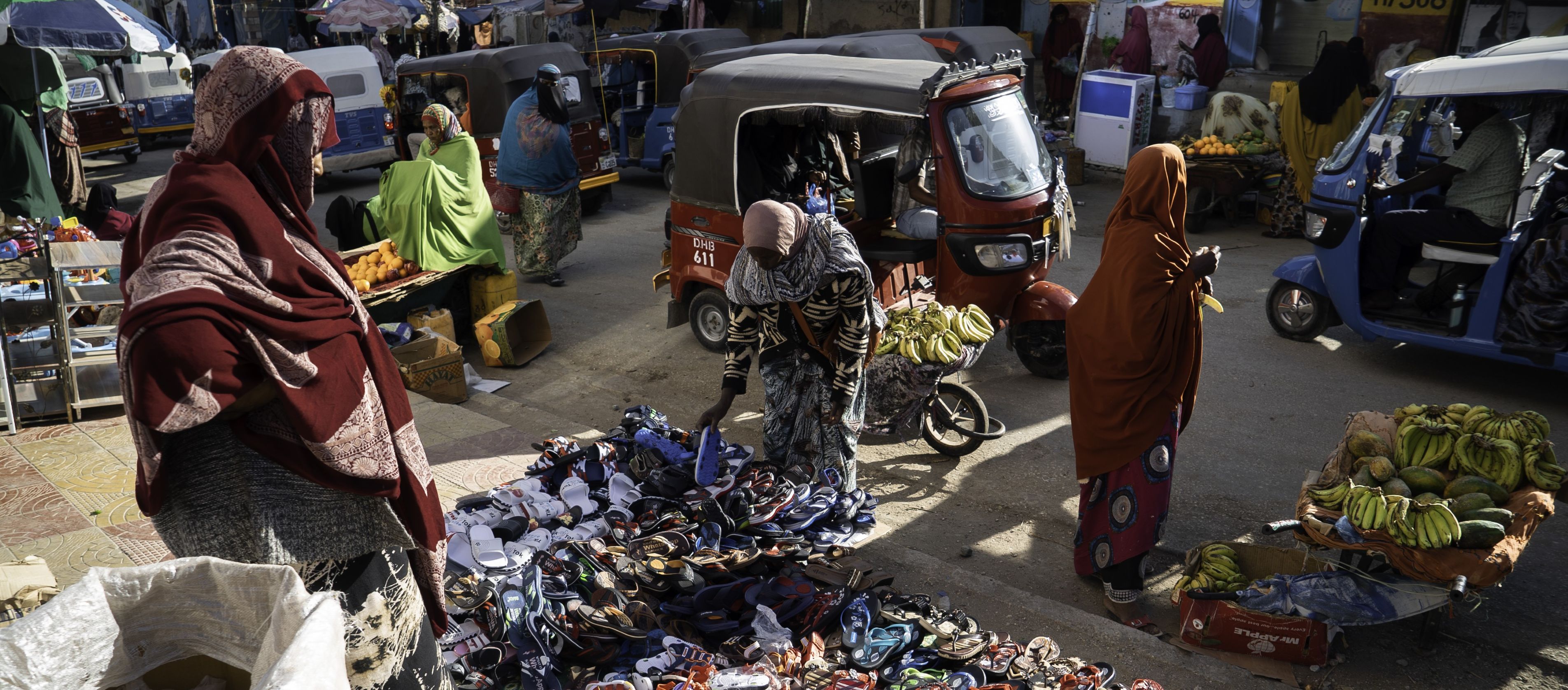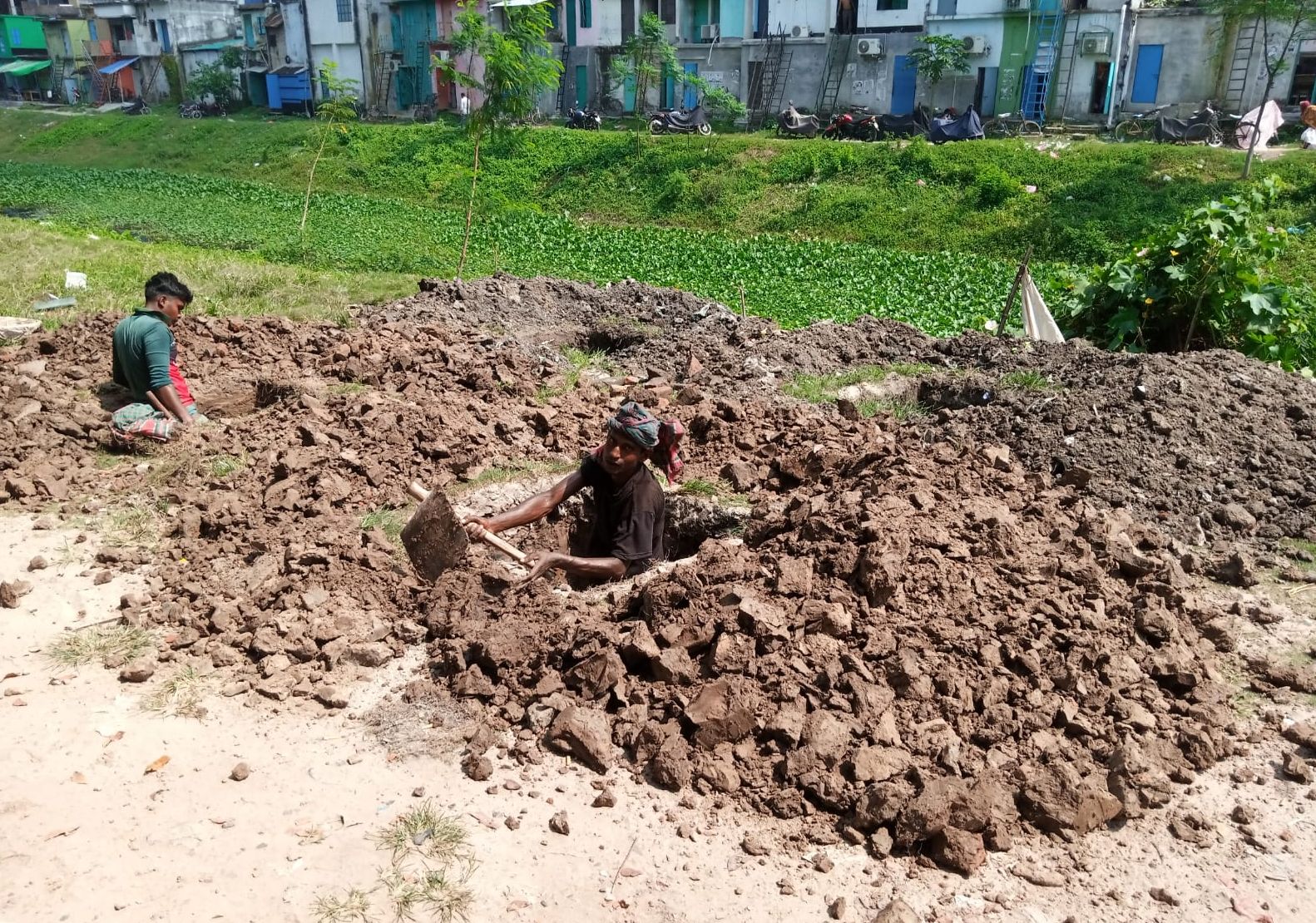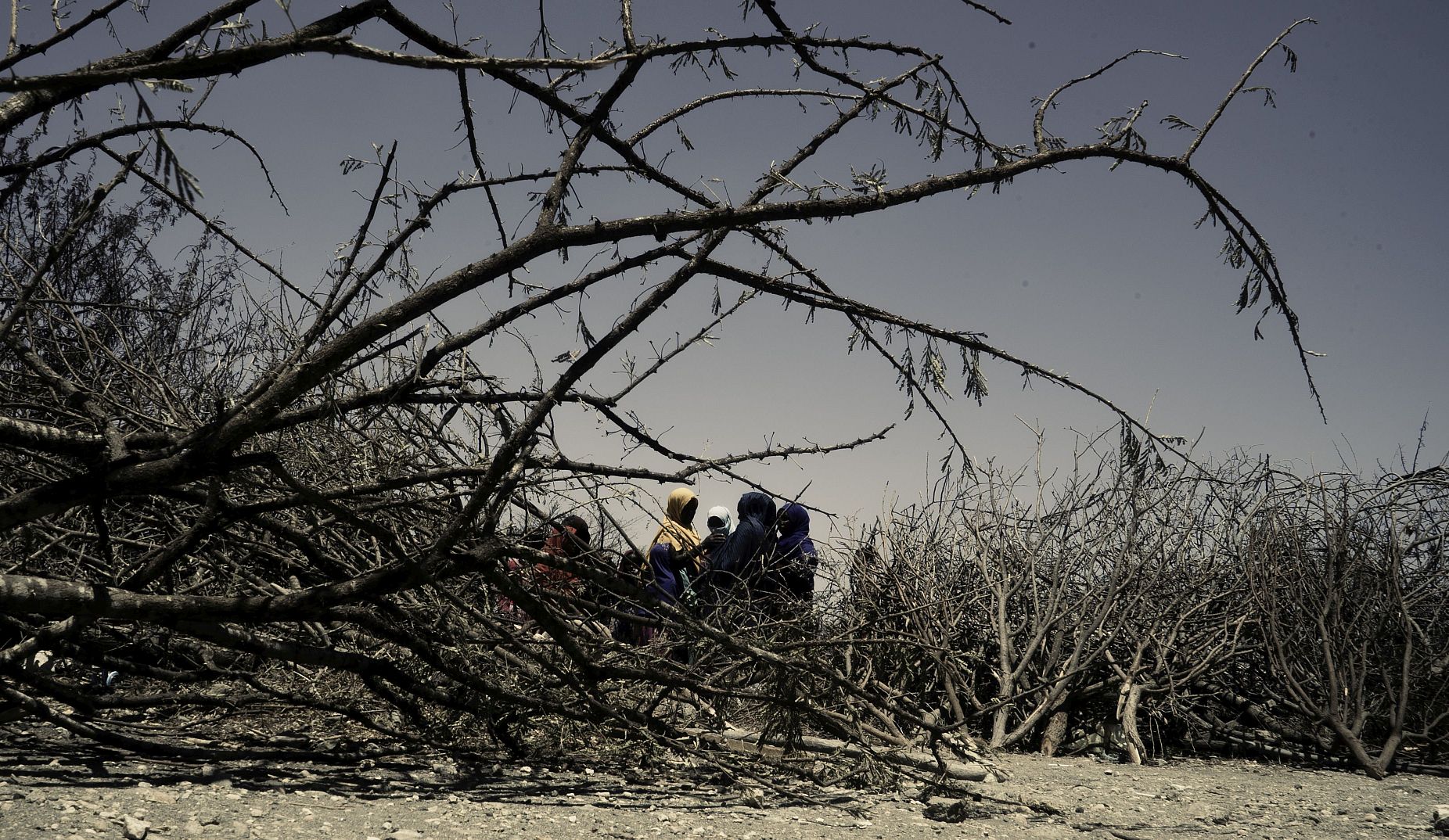This project was selected under the Innovation Programme Call for Proposals 2020 - Stronger Partnerships: Local Innovations for New Climate Realities in Cities - in collaboration with the Global Programme on Climate Change, Resilience and Informality
The poor disposal of waste is a major cause of flooding, especially in informal areas with little or poorly maintained drainage systems. Garbage, which ends up in the already inadequate drainage channels, causes blockages and hence flooding. The underlying factors are inadequate waste management facilities, limited drainage systems, and the need for better community awareness and education.
With funding from Cities Alliance Innovation Programme, the project "Waste management for flood control in Bwaise, Uganda" will exactly start there: the goal is to create a community that is intrinsically motivated to manage its waste appropriately in order to improve flood control in their area.
What is the problem?
Poor disposal of garbage is the major cause of flooding in Bwaise, Uganda. People impacted by flooding lose livelihoods and belongings as well as time spent drying out their flooded houses, which also exposes them to further health hazards.
Where is it?
In Bwaise, an urban slum in Kampala, Uganda
Who does it affect?
Flooding affects all residents in the area, but women are especially vulnerable due to their low socioeconomic status, fewer opportunities, and responsibilities that confine them at home.
What are the causes?
Poor disposal of garbage, which ends up in the already inadequate drainage channels, causes blockages and hence flooding. The underlying factors are inadequate waste management facilities, limited drainage systems, and the need for better community awareness and education.
Approach
Through this project, Tree Adoption Uganda aims to change behaviors and inspire an intrinsic desire towards environmental stewardship through sensitizing and educating the community about the need for proper waste disposal. This will be done through practical learning sessions and subsequent waste collection from 1,000 households using color-coded waste bins (designated as Recyclable, Hazardous, and Organic).
The community will be further exposed to the value and uses of segregated waste, such as making briquettes from combustible substances or selling collected re-usable plastics to materialize them into profits. This will create intrinsic motivation within the community as members gain income for their segregated waste materials.
In collaboration with city authorities and other stakeholders, the project will also advocate for better drainage systems and engineering designs by engaging all key stakeholders in the planning and formulation of processes to reduce flooding due to inadequate facilities, such as narrow drainage channels.





